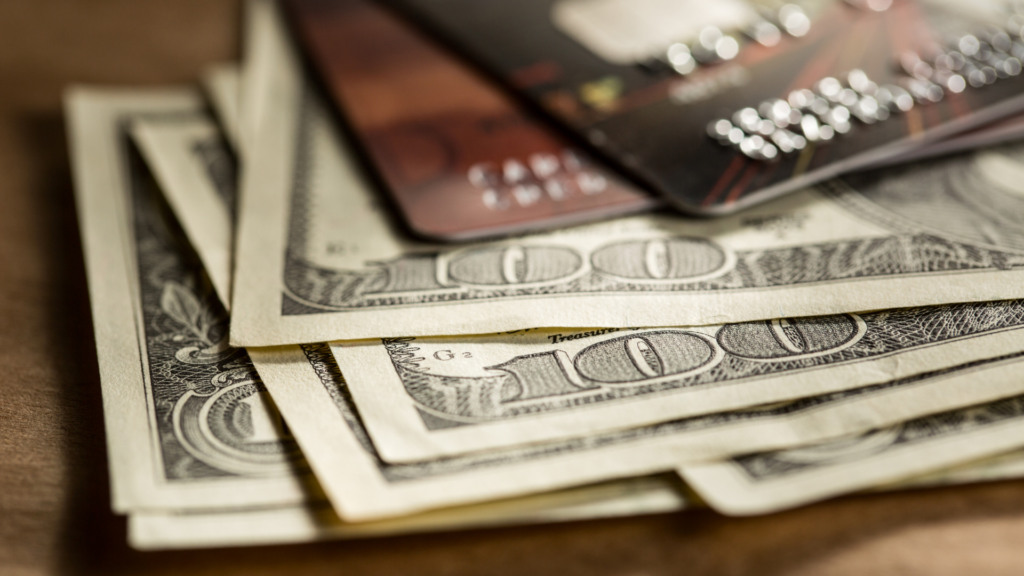The Role of Cash in a Cashless Society
In an increasingly cashless society, the role of cash may change, but will not disappear entirely. In the past decade, we have seen a decline in the popularity of cash transactions to make room for the popularity of credit cards and more recently with digital payment on the rise. However, cash has remained present in certain areas of our lives and continues to be embraced by some. Hospitality businesses such as hotels and restaurants still find a role for cash in their operations and need to be equipped to handle these payments. So, how much has cash really changed? And can analyzing its current state tell us anything about the longevity we can expect?

First and foremost, it’s important to point out cash is still the primary legal tender issued by the U.S. government. According to Section 31 U.S.C. 5103, entitled “Legal tender, states: “United States coins and currency are legal tender for all debts, public charges, taxes, and dues.” This statute means that all U.S. money as identified above is a valid and legal offer and must be accepted as a means of payment for goods and services. Even if cash is not your preferred method of payment for many transactions, it still needs to be accepted in some situations, and this is true as well for some other countries where cash is still the primary means of payment. Many hotels do international business regularly and need to be able to accommodate all guests. Being unable to take cash can ostracize guests who may prefer or need to use cash. Some businesses have unfortunately experienced backlash for not accepting cash as a payment method, as was the case for upscale ice cream parlor Van Leeuwen.
There are other reasons why guests may prefer to use cash. Some guests may prefer to use cash for certain transactions to protect their financial privacy, data, and identity in ways that other methods cannot. Cash can also be useful in emergency situations where electronic payment systems are unavailable or unreliable. For example, in the aftermath of a natural disaster or power outage, people may not be able to access electronic payment systems, making cash a useful backup. Additionally, while cashless payment methods like credit and debit cards are often preferred for larger transactions, guests may still use cash for smaller purchases such as grab-n-go snacks or laundry services. They may also prefer to tip hotel staff in cash, particularly if they are leaving a gratuity for housekeeping, valet, or other service personnel.
Overall, while the use of cash may become less common, it is still likely to play a prominent role in certain transactions and situations. For the hospitality industry, it’s important to be able to accommodate all guests’ needs. Hotels often serve as ambassadors for people of different countries and regions, and for this reason, it’s important for hotels to continue to be flexible for their guests. Despite decades of credit card transactions, we’re still in the early stages of digital payment. While we wait for the dust to settle and see the role that digital payment will take on in the future, cash will remain the most trusted and secure form of payment. It’s possible that digital payment may be here to replace credit card transactions and not cash. Afterall, cash has proven to be secure in terms of cybercrime, fraud and counterfeiting. And, as it’s central bank money, it doesn’t entail financial risks for either the payer or the payee.
Even if new and more convenient methods of moving funds become available, there will likely always be an inclination towards something tangible. Cash has been “on its way out” for decades now, and many customers will want a backup option that they feel safe with. In situations where people are traveling and putting themselves in foreign situations, they’re likely to gravitate towards a fool-proof option, which is why we will continue to see cash, especially in the hospitality industry. If hotels have standard practices to keep record of cash transactions, it’s only a benefit to accept cash. Businesses may be apprehensive to accept cash due to fear of losing track of house float or expenses to count and reconcile cash payment, but with solutions such as Cash Recon by Evention and cash recyclers, properties can turn hours of reconciliation into just minutes while eliminating errors and expediting monthly closings.


